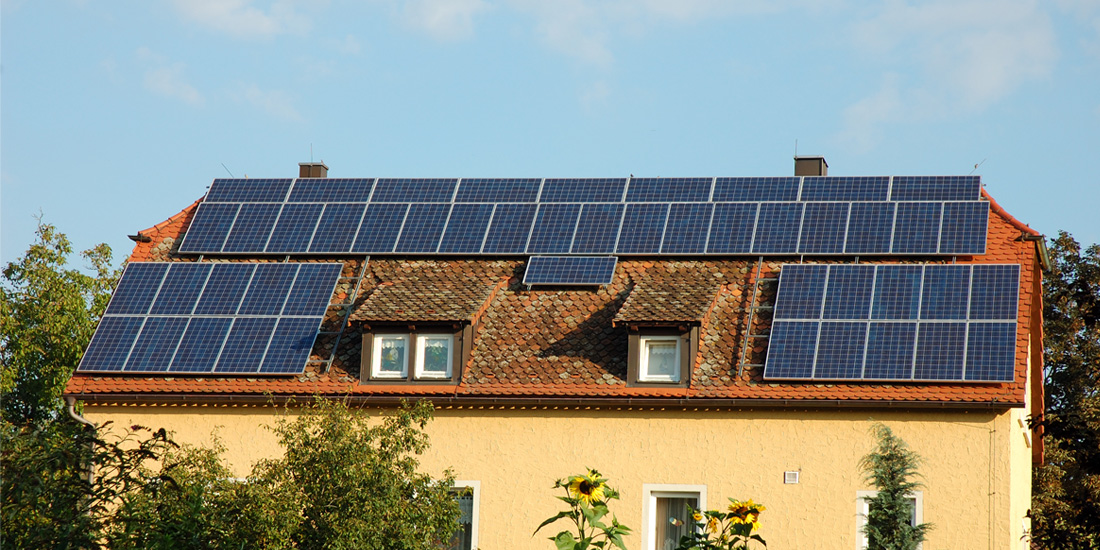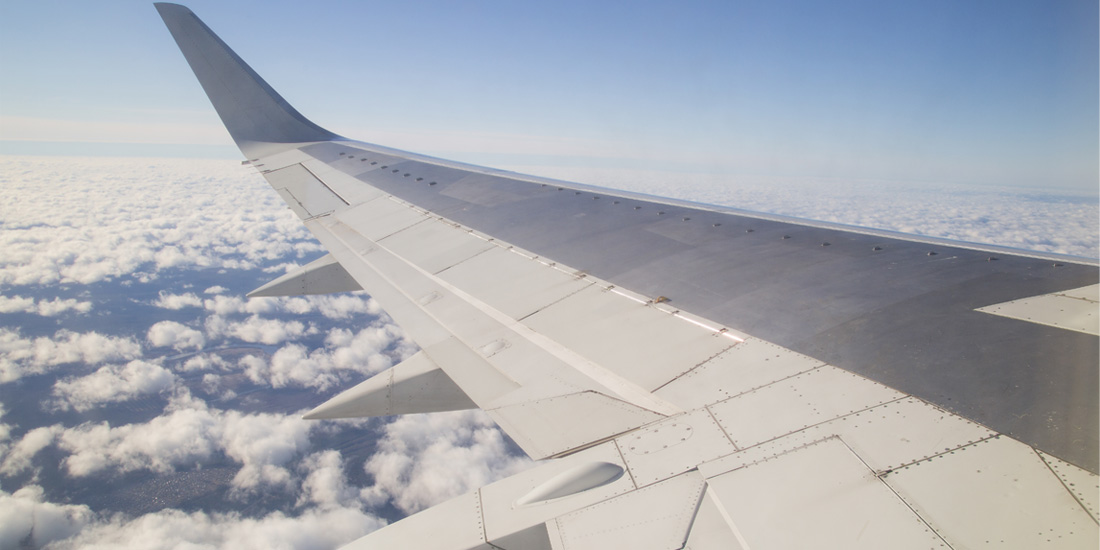If the UK is to become carbon neutral by 2050, making significant changes in the way we live our lives is just around the corner.
So, with that in mind, it begs the question: what would a net-zero society look like?
It’s up to every single one of us to play our part in reducing our carbon footprint. And for that to happen, here is what society would look like in the decades to come:
With the sale of diesel and petrol vehicles banned from 2030, electric vehicles will help to dramatically reduce emissions. There will also need to be an investment in infrastructure, like greener public transport, like buses, trams, trains, and the introduction of more cycle lanes.
To achieve a net-zero society by 2050, we would need nearly a 60% reduction in car mileage, even if all cars were low emission, by 2035.
Tree planting is often lauded as the answer to offsetting emissions. But what you aren’t told is it takes up to 20-years to capture enough CO2 from trees to make a difference. So, while planting trees is a good start and should be encouraged, it’s not the answer to the world’s problems everybody thinks it is.
The nation (and the world) will have to embrace biodiversity, transforming unused areas, like rooftops, abandoned car parks and waste ground into ponds and gardens where wildlife can thrive.
How we generate and use energy both depletes natural resources and emits greenhouse gases (GHG). Heating, for instance, accounts for over a third of the UK’s GHG emissions. There will be a huge transition from fossil fuels to renewable, low-carbon energy sources – such as solar, hydroelectric, wind and geothermal.
Local energy can also significantly cut emissions. Instead of relying on the grid, power will be generated locally through solar or district heating networks.

Our homes and businesses will be smart and will interact with people, systems and external elements. They will be greener, more energy-efficient and environmantally conscious.
The one positive the pandemic has brought is the realisation that many of us can work from home. In the future, a significant portion of the population will work from home full-time. Or have the option to work between home and the office.
Many offices will only be used for collaboration and meetings, resulting in fewer journeys, reducing emissions dramatically.
Methane emissions from livestock are a significant cause of global warming. So, our diets will be healthier—our meat intake lower. And there will be a reduction in cattle numbers, helping us take a huge step towards reaching net-zero.
We will also be growing fruit and veg more locally, making a positive impact on transportation from abroad, lowering carbon emissions.
One way to reduce air travel would be for the UK and Europe to be connected by a high-speed rail network, making it easy to travel anywhere on the continent in just a few short hours.
Although this wouldn’t stop flying, it would be a cheaper and cleaner option for travelling around mainland Europe.
Air travel is unlikely to cease completely, and even with high-speed rail as an alternative, many of us will continue to fly, which means air travel will need to change.
One such option is by swapping petrol with biofuels made from recyclable biomass materials like algae, plants and animal waste. And since such materials are naturally occurring, biofuels are classed as renewable energy, unlike fossil fuels, like petrol, natural gas and coal.

These changes will mean a huge sacrifice for all of us. But government policy is due to drive that change, forcing businesses to take action or run the risk of appearing unattractive to prospective employees, contracts and clients.
One way you can help the planet is by reducing the carbon emissions in your business.
At Inteb, our experts help you set targets and put a framework in place to meet your emissions targets. And for added peace of mind, we’re accredited to FutureNetZero standard, which means we can give accurate and practical advice to organisations ready to start their journey to net-zero.
Let’s get the conversation started – call us now on 0151 601 3476